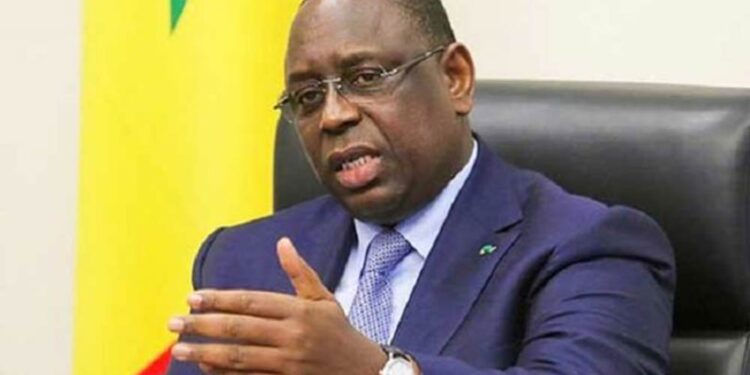The Senegalese parliament is set to discuss a bill proposing a new date for the presidential election after President Macky Sall announced the postponement of the originally scheduled February 25, 2024 election. Sall attributed the delay to a dispute over the candidate list and alleged corruption within the constitutional body overseeing the list.
The opposition and certain civil society factions have criticized the move, labeling it an “institutional coup.” Some political parties opposed to the extension staged a protest rally, leading to the Senegalese police firing tear gas and closing down a main thoroughfare.
As the parliamentary debate unfolds, a new date of August 25 is being considered for the general election. The proposed bill, if approved, would further extend Sall’s presidency, as he has already served a decade as the president of Senegal.
Opposition leaders, including Anta Babacar Ngom and former Prime Minister Aminata Touré, expressed discontent and faced temporary detentions after protesting against the extension. Ngom emphasized the challenges faced in the fight for justice and democracy in Senegal.
In response to the election postponement, the Economic Community of West African States (ECOWAS) issued a statement expressing concern over the circumstances leading to the delay. While commending President Sall for not seeking a third term, ECOWAS urged competent authorities to expedite the processes for setting a new election date. The commission called for transparent, inclusive, and credible elections, emphasizing the need for dialogue and collaboration within the political class.
The political developments in Senegal raise questions about the democratic process and the potential implications of the postponed election on the country’s political landscape.


